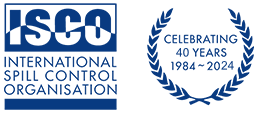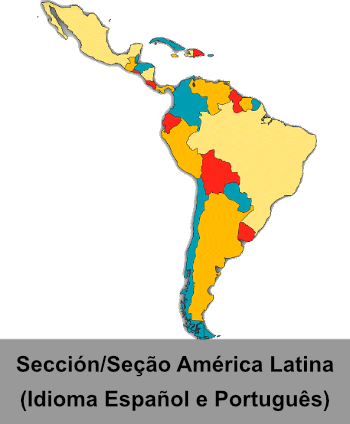Zhang H., Cui L., Si P., Zhou Y., Zhang Y., Zhang Y., Kong Q. (2024) Aquatic Toxicology, 273, art. no. 106996, DOI: 10.1016/j.aquatox.2024.106996
ABSTRACT: Naphthenic acids (NAs) are important pollutants in marine crude oils and have obvious toxic effects on marine organisms. However, the effects of NAs on the intestine are largely unknown. Thus, we evaluated the effects of NAs exposure in the intestines of marine medaka. Fish were experimentally exposed to NAs (0.5 mg/L, 5 mg/L, and 10 mg/L) for 96 h and monitored for changes in intestinal histology, markers of oxidative stress, and intestinal microbiome responses. Significant mucosal damage, inflammation, and oxidative stress were observed in the intestines of marine medaka after exposure to NAs. In addition, significant changes in the gut microbiota were observed. Specifically, the relative abundance of Proteobacteria decreased, while that of Verrucomicrobiota increased in the high-concentration exposure group. In addition, nutrient synthesis and metabolism in the gut were affected. The results of this study contribute to a better understanding of the ecological risk of different concentrations of NAs to marine organisms. Capsule abstract: Changes in the gut microbial community of marine medaka (Oryzias melastigma) caused by naphthenic acids in the marine environment were investigated through the assessment of gut inflammatory factors and comprehensive analysis using 16S rDNA high-throughput sequencing. The results indicated the induction of intestinal inflammation and changes in the structural composition of the intestinal flora.





